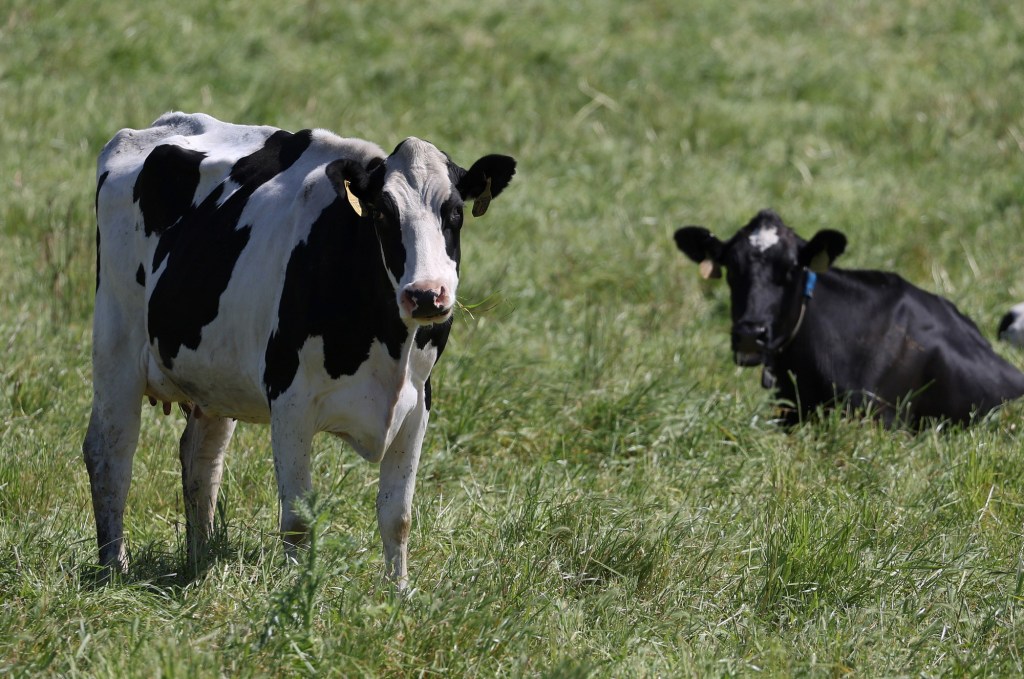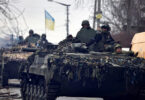Amy Maxmen, Arthur Allen | (TNS) KFF Health News
As bird flu spreads among dairy cattle in the U.S., veterinarians and researchers have taken note of Finland’s move to vaccinate farmworkers at risk of infection. They wonder why their government doesn’t do the same.
“Farmworkers, veterinarians, and producers are handling large volumes of milk that can contain high levels of bird flu virus,” said Kay Russo, a livestock and poultry veterinarian in Fort Collins, Colorado. “If a vaccine seems to provide some immunity, I think it should be offered to them.”
Among a dozen virology and outbreak experts interviewed by KFF Health News, most agree with Russo. They said people who work with dairy cows should be offered vaccination for a disease that has killed roughly half of the people known to have gotten it globally over the past two decades, has killed cats in the U.S. this year, and has pandemic potential. However, some researchers sided with the Centers for Disease Control and Prevention in recommending against vaccination for now.
There’s no evidence that this year’s bird flu virus spreads between people or causes serious disease in humans. And it’s unclear how well the available vaccine would prevent either scenario. But the wait-and-see approach “is a gamble,” said Jennifer Nuzzo, director of the Pandemic Center at Brown University. “By the time we see severe outcomes, it means a lot of people have been infected.”
“Now is the time to offer the vaccines to farmworkers in the United States,” said Nahid Bhadelia, director of the Boston University Center on Emerging Infectious Diseases. Even more urgent measures are lagging in the U.S., she added. Testing of farmworkers and cows is sorely needed to detect the H5N1 bird flu virus, study it, and extinguish it before it becomes a fixture on farms — posing an ever-present pandemic threat.


